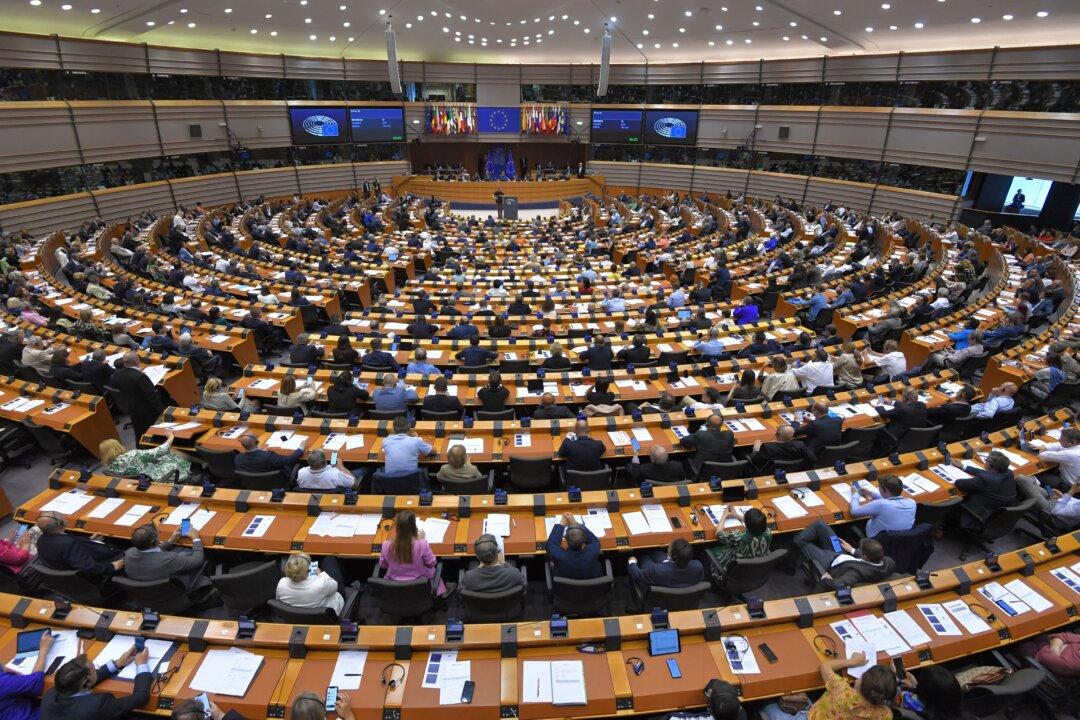The United States and Poland began an international operation on June 10 in the Polish capital aimed at helping Ukraine counter Russian disinformation.
Special Envoy for the U.S. State Department James Rubin, responsible for countering disinformation, and Polish Foreign Minister’s Plenipotentiary Tomasz Chłoń, tasked with the same mandate, established a new Ukraine Communications Group to counter Russian disinformation on Ukraine, according to a statement by the Polish Ministry of Foreign Affairs.





